Neurodiversity: Empowering Learning and Employment Season Finale!
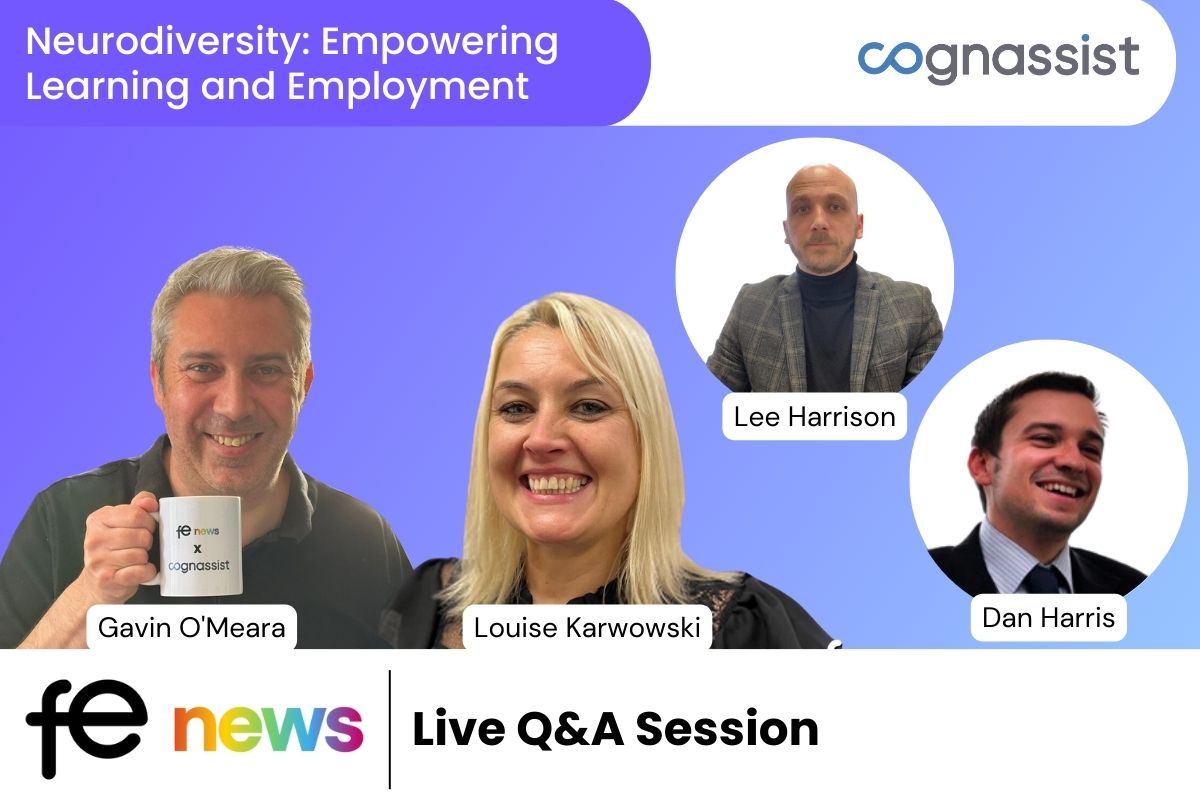
We promised a bonus episode and here it is!
Gavin O’Meara of FE News and Dr Louise Karwowski of Cognassist are back on your screens, and they’re not alone…
Today (27th July), we had our Live Q&A session to round up our latest season of Reels with Cognassist.
FE News CEO, Gavin O’Meara, and Cognassist’s Louise Karwowski were joined this week by Dan Harris, CEO of Neurodiversity in Business, and Lee Harrison, Apprenticeship Development Manager at the RSPCA.
Dan is fresh off his win at the 2023 National Learning Disabilities and Autism Awards for the Individual Making a Difference Award. His impactful work for NiB has helped elevate the conversation around neurodiversity at work and create a community for organisations, industry bodies and individuals to share best practice and receive expert advice and support.
Lee Manages Early Careers and Apprenticeships at the RSPCA. He has spoken about the importance of inclusivity in the workplace and lives this mission every day. He is keen to support the development and attraction of a more diverse workforce through early careers and apprenticeship recruitment.
All four speaker will be discussing key areas of neuro-inclusion and answering your questions on topics throughout the series:
- Building visibility
- Learner neuro-inclusion
- Neurodiversity in the workplace
- Supporting neurodiverse employees and the benefits
- Neuro-inclusion and the law
- Evidencing support
- Neurodiversity, cognition and thinking different
- Inclusive learning strategies
- Reasonable adjustments
- Self-reflection and awareness
If you have questions on any of the above or want to get tips from the experts on how to be more neuro-inclusive, now is your chance!
Join the conversation on our YouTube Channel and get notified when the Q&A goes live here:
Within this episode, we had the opportunity to answer some of your epic questions! You can watch the episode below:
Or listen to it on the go here:
You can also rewatch the previous Reels in the series.
Top Tips for You!
We got our amazing guests to give some of their top tips… Check them out below!
To kick it off, our co-host for the season, Louise Karwowski said:
- Learn! Develop a comprehensive understanding of neurodiversity by listening to podcasts of lived experience, reading articles or watching our Reel series and joining the conversation😉
- Create flexible and accessible spaces: Foster an inclusive environment by making physical and digital spaces more accessible and flexible. Provide options for different ways of communication, such as offering written instructions along with verbal explanations.
- Encourage open communication: Establish a culture of open communication and empathy. Encourage team members, students, or participants to share their individual needs and preferences.
- Support networks: Consider creating taskforces in your organisation where people can connect, share experiences and support each other.
- Policy: Implement policies that explicitly prohibit discrimination based on neurological differences and create avenues for reporting any issues that may arise.
Lee Harrison then gave us his top five tips:
- Adopt inclusive hiring practices – This could be the way you advertise your roles, the application process and tailoring interviews to individuals needs.
- Think about each individual’s strengths – Don’t assume that you know what they will be good at, each individual may have a particular strength, they may have many unique insights and skills to offer.
- Make reasonable adjustments – Don’t assume that you know what a person will need, for example a coloured overlay for someone with dyslexia might not be what helps them. Ask the individuals what adjustments will support them day to day and when carrying out certain tasks. And remember that this can change over time, do regular checks to see if adjustments need to be changed overtime.
- Trust and Awareness – Build up trust and awareness both internally and externally, you need to foster an environment to enable and allow people to disclose information, to feel comfortable and supported in the workplace. Share the work that you do to support neurodiversity, have neurodiversity champions, include neurodiverse employees in the decision making around the work that your company does to support others.
- Remember that everyone is unique – not all autistic people will be the same, neither will every person who has dyslexia or ADHD. The characteristics of each are many and vary from one person to the next. It is essential that you tailor your approach and adjustments to each individual. Ask them what you can do to help them do their best work, remember to focus on their unique skills and abilities and adapt what you do based on what they find helpful.
If you have any more questions regarding neurodiversity, please feel free to comment on this article.


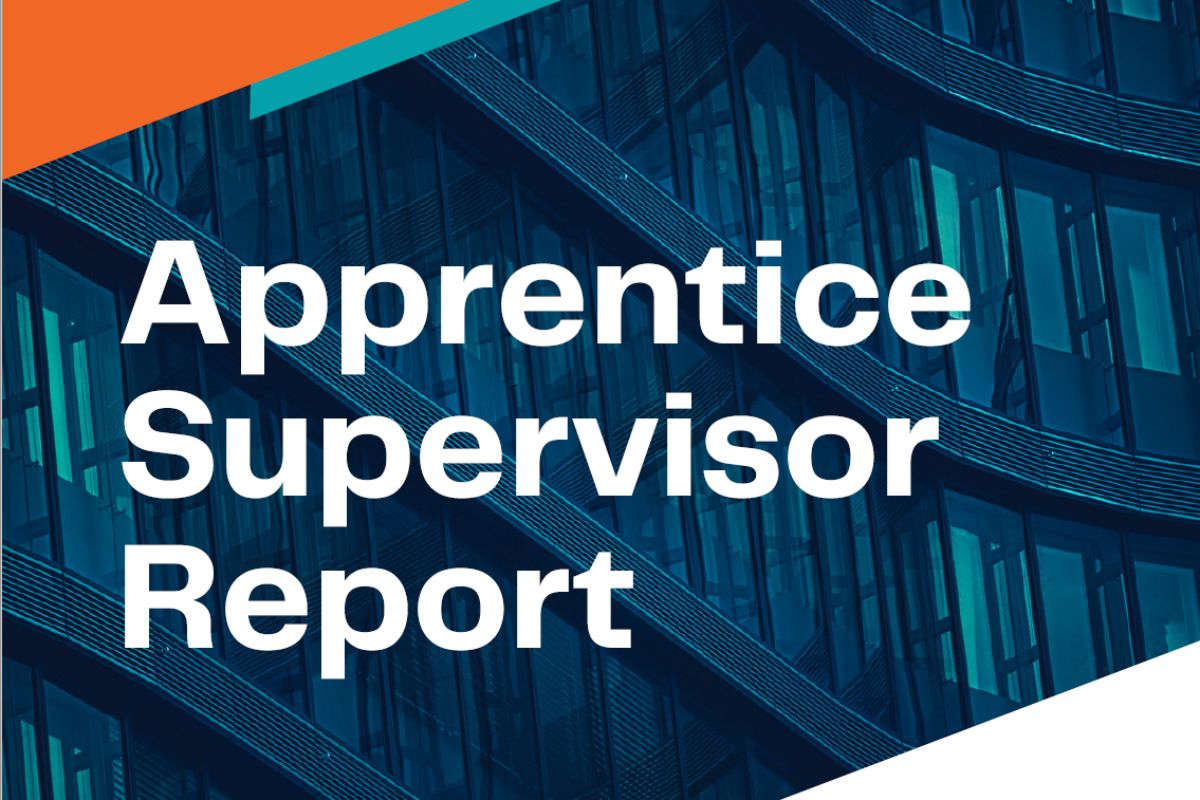
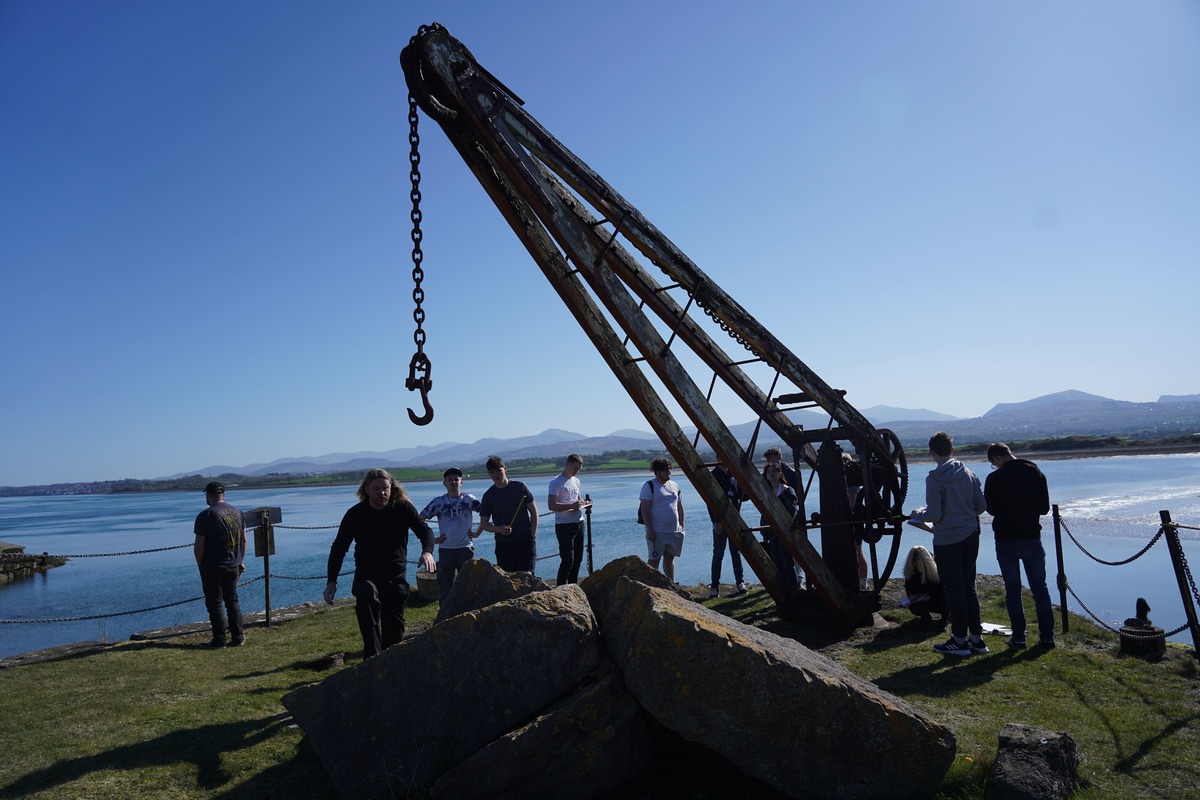
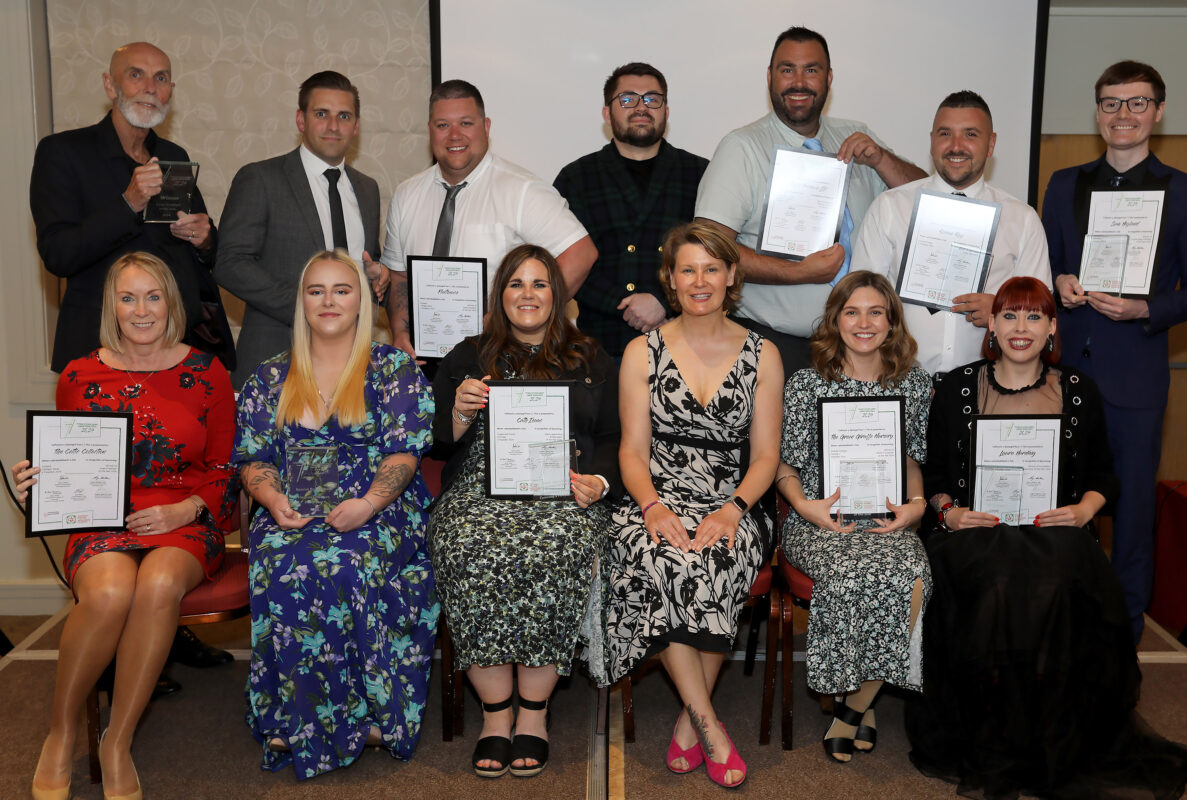


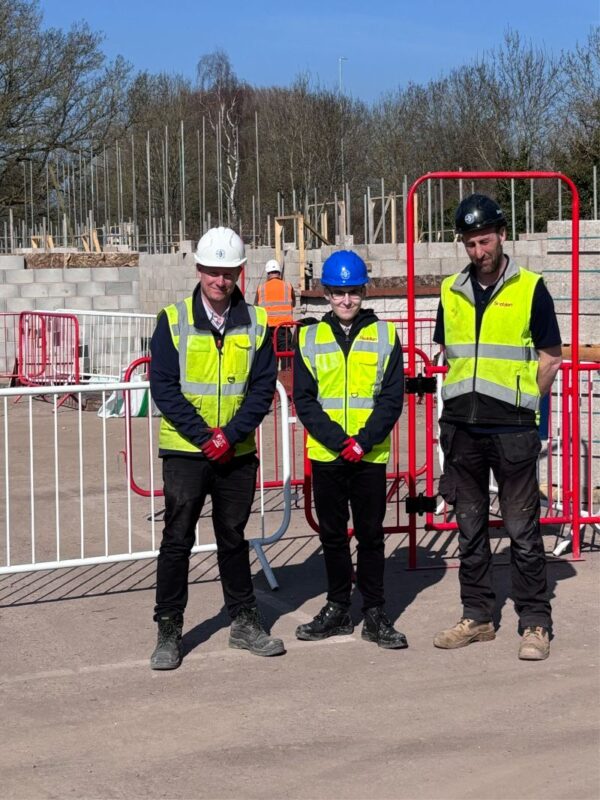



Responses